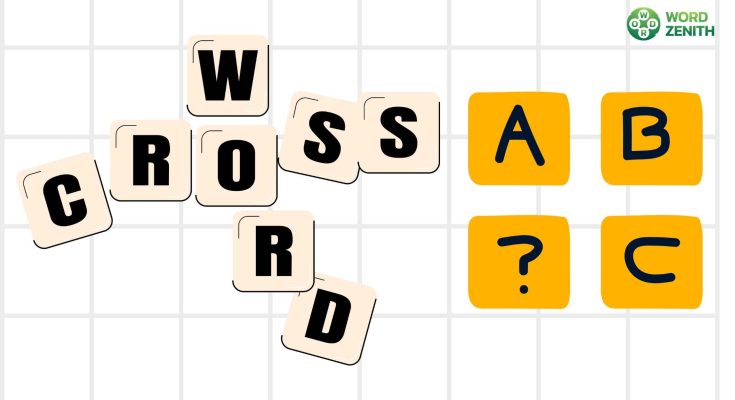Word games have proven to be a useful tool in encouraging critical thinking skills among higher education students. They are not only entertaining but also demand for analytical, problem-solving and language abilities. This paper examines the impact of word plays on the acquisition of critical thinking skills within institutions of higher learning.
The Significance of Critical Thinking in Higher Education
Definition of Critical Thinking
Critical thinking is an individual’s ability to rationally make judgments or decisions after analyzing, evaluating and synthesizing information. It requires one to challenge assumptions, entertain other points of view and apply logical reasoning. With the world becoming more intricate day by day; people need this skill set so as to deal with uncertainties, solve problems and make informed choices.
Role Played by Critical Thinking in Higher Education Institutions
Universities should be places where learners are nurtured into thinkers who can stand on their own when faced with real life situations. In fact critical thinking is what research revolves around at any level whether undergraduate or postgraduate because it pushes for intellectual development within different disciplines thereby enabling individuals contribute meaningfully towards knowledge generation processes.
Word Games as a Stimulant for Critical Thought
Cognitive Process Activation
The nature of word games makes them ideal platforms for engaging diverse cognitive processes that underpin critical thinking. For example, Scrabble necessitates strategic arrangement of letter tiles into words while maximizing scores. Consequently players have to examine multiple word combinations against letter distributions taking into account what move their opponents might make thus triggering analysis based decisions making abilities.
Provoking Problem Solving Skills
Games such as Boggle or Word Search require players to quickly identify valid words from a grid composed of random letters which calls upon fast problem solving capabilities where one has to scan through patterns until they find complete meaningful terms embedded in an array full of meaningless characters surrounded by many other similar looking ones too. These tasks enhance students’ quick-wittedness, connection-building and time-bound puzzle-solving skills which cut across all disciplines in schools and professions.
Improving Vocabulary and Language Competence
Word games can be taken as language labs where students experiment with words, phrases, sentences structures and meanings. In Taboo for instance players are supposed to express themselves using particular words or phrases while following given instructions thus refining their lexical choices precision while Scattergories makes them think fast about items fitting into different categories under tight time limits this promotes wider vocabularies growth coupled with effective communication both being key aspects of critical thinking abilities required at higher levels of education.
Integrating Word Puzzles in Higher Education Pedagogy
Imbuing Curricula with Games
Instructors can effortlessly infuse word games into course curricula as a supplement to conventional teaching methods. This is done by using games as a tool for instruction which then creates an immersive learning environment that captures students’ attention and encourages active involvement. For example, in a literature class, “Literary Hangman” may be used to reinforce important literary terms or themes collaboratively and interactively.
Encouraging Collaborative Learning
Word puzzles provide an excellent platform for collaborative learning where students are motivated to cooperate towards common objectives. Collaborative games like Codenames or Scrabble Teams Edition foster teamwork, communication skills and collective problem-solving abilities which are vital for success both in academia and beyond. Through playing together, learners discover how they can exploit each other’s strengths, bargain over conflicting views and produce results that are greater than what any one person could accomplish alone.
Promoting Reflection on Practice
Teachers should organize post-game reflective discussions during which learners express their thinking processes, strategies employed and lessons learnt from the activity. Reflective practice promotes metacognition – the consciousness and comprehension of one’s own thinking – which undergirds development of critical thought. When students engage in metacognitive reflection they come to appreciate better what it means to think strategically; they also refine ways of solving problems while internalizing effective methods for learning.
Read More: The Potential of Word Games in Assisting with Dyslexia and Other Learning Disabilities
Conclusion
Word-based puzzles offer diverse avenues for nurturing higher-order cognitive skills within higher education contexts. By involving college-goers in strategic playing, teachers activate mental processes involved in decision-making thereby sharpening learners’ ability to solve problems critically at this level too. It is through sharing games played with words that we enrich our experiences as educators; such sharing fosters collaboration among us all who are engaged in this noble profession while stretching minds so necessary for success not only academically but also throughout life. Therefore, as we advance in our knowledge-based society where success is based on what one can do with information rather than on mere accumulation of facts, let us continue using word puzzles which will help students become better thinkers while having fun.




